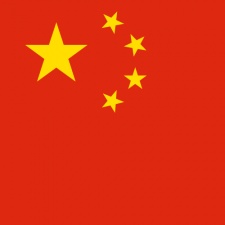According to a report by the China Game Industry Group Committee, there is satisfaction amongst regulatory authorities in the country that China’s effort to stifle ‘youth game addiction’ has been successful.
It praised the efforts of companies such as Tencent, Netease and Perfect World in following strict guidelines that were set down by government regulators. Apparently, 75% of under-18 players now spend less than three hours a day playing video games in the country.
China’s efforts to regulate the amount of time players of all ages spend gaming has been a years-long affair. Although their main focus has been on the youth, under-eighteen audience. South Korea made similar attempts to stymie game addiction amongst youth audiences, introducing their infamous ‘Cinderella Laws’ to prevent underaged players from using online games between the hours of midnight and 6am. A law which ended up seeing the game Minecraft rated the equivalent of ‘R’ or ‘18+’ in the country, usually utilised for games like Grand Theft Auto.
Regulations, regulations, regulations
As of yet, it’s unclear whether the results of these regulations will lead to the embattled Chinese gaming industry seeing looser regulations. However, considering that it’s an ongoing battle by definition, it’s unlikely we’ll see any serious loosening on the restrictions for under-eighteen players in the near future. This may prove to be a bigger issue than it may seem at first, as it also means Chinese game companies cannot take advantage of zero-covid lockdowns that are still taking place across China, usually ensuring a ‘captive audience’.
The Chinese game market is also projected to begin shrinking by 19.1% for the first time in years. A catastrophic turn-around for one of the world’s largest, if not the largest, mobile gaming market. Although this is likely most closely related to a licensing freeze and zero-covid lockdowns affecting business across the country. Chinese game companies may need to learn how to manage without a significant potential audience in the meantime





















